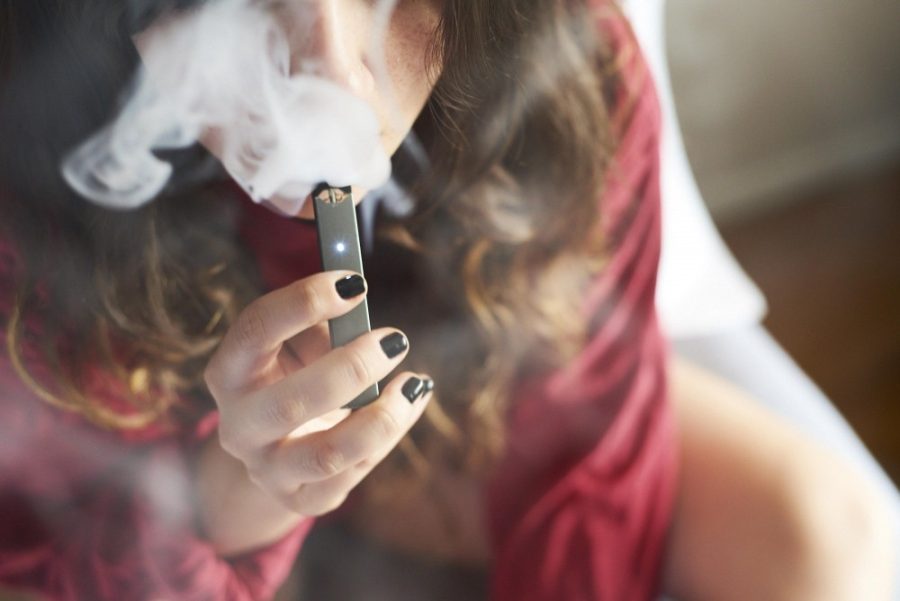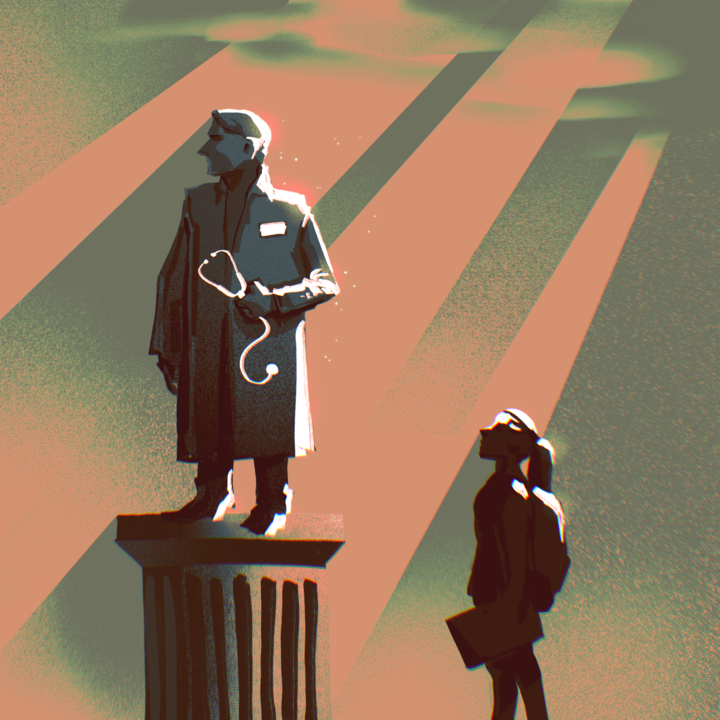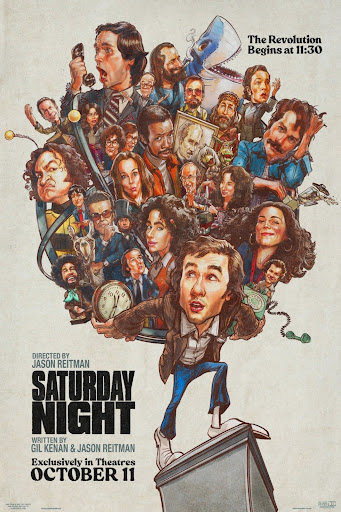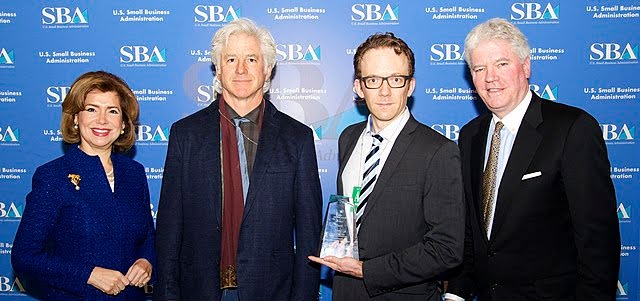Chances are, you have seen them scattered upon the floor more frequently than cigarette butts in recent times. You’ll see someone pull the small device out of their pocket and return it just as quickly. You probably know someone who uses one on a day-to-day basis; chances are, you use one on a day-to-day basis. JUUL controls about 70% of the e-cigarette market according to Nielsen data, and is now worth around $16 billion according to Bloomberg. Like any other thriving company, the government wants to sink its claws into the business and either destroy it or extort what it believes to be its fair share. This action, of course, must be disguised as care for its citizens to justify any interference in a company’s operations in the so-called “free market.”
FDA Commissioner Scott Gottlieb reneged on the deal the FDA had with e-cigarette manufacturers last summer, which gave e-cigarette manufacturers until 2022 to comply with strict federal guidelines. Gottlieb said JUUL and four other manufacturers must halt sales of their products to minors within 60 days or face penalties. The penalties may include the banning of flavored e-liquids — such as JUUL’s mango flavor — which Gottlieb claims are marketed directly towards a younger audience.
When Gottlieb first turned the spotlight on JUUL, it responded promptly. It began by changing its ads to feature models that are 35 years old and older. The ads containing younger models on Instagram and other social media platforms were removed. JUUL also plans to spend $30 million over the next three years to educate teens about the harms of nicotine and vaping. After all of these precautions taken, Gottlieb still is not convinced. He even has gone after other companies, including 7-Eleven, for allegedly selling e-cigs to underage teens.
RELATED: UA program addresses youth e-cigarette use
If JUUL were to fail to jump through the hoops placed in front of it by Gottlieb and was forced to remove flavors from shelves, what would this mean for teen vaping? Nicotine is addictive and, more likely than not, these kids came for the flavor, but will stay for the sweet nicotine hit. With JUUL off the market, these teens would continue to buy JUUL pods; if they are inventive, they may try to add their own flavoring, which has the potential to be harmful. Teens may even switch to cigarettes if they find themselves unsatisfied with flavorless vapor, feeding the bigger-pocketed tobacco giants, who have enough money to lobby to keep themselves on the market.
Gottlieb hopes to lower the nicotine levels in traditional cigarettes as well. He believes this genetic altering of a plant will make them less addictive. Do not let yourself get tricked into believing this farc. Anyone with half a functioning brain will realize those hooked on nicotine will simply buy themselves broke to get their fix. Nicotine is a drug, and we have all seen or known someone personally, who has played the same part, except with alcohol and opioids. The tobacco companies and the governments want this alteration to happen. People will buy more, meaning more tax dollars will be funneled into the machine.
JUUL is simply a company that made too much money too fast; it has challenged the tobacco industry and forgotten to invest in the capital of political favors. Yes, vaping is unhealthy, but it is not the worst thing teens are doing to themselves. Vaping does not come with the possibility of instant death due to over-consumption. Teens have died from drinking too much, but the FDA does not go after alcohol companies for putting out drinks with flavors that appeal to a younger demographic, such as Mike’s HARDER. Why not? Is it because prohibition didn’t work out and it would look kind of embarrassing to go for round two? Or are the alcohol companies simply shelling out more than JUUL? The government does not ban products to protect you. It bans in favor of its own interests.
Chuck Valadez is majoring in ethics and minoring in economics. Follow Chuck on Twitter









